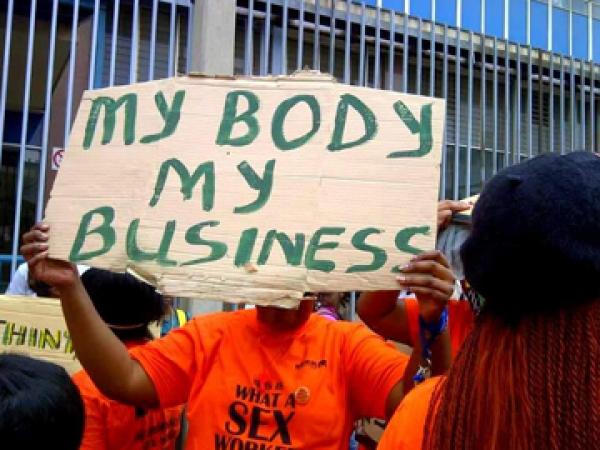How sex workers are avoiding HIV infection
Once daily pill has been made available at ten clinics across the country
Grace Bura (not her real name) came to South Africa three months ago from her home town of Dar es Salaam to set up a new business: sex work.
She is based in one of Durban’s biggest brothels and earns R70 per transaction. R240 of her earnings each day go to the brothel owner for rent. It’s hard and dangerous work, she says, but much more lucrative than the small clothing business she had at home. What’s more, the exchange rate works in her favour and the rands she earns here buy a decent living for her child, who lives back home with his grandparents.
Sex work in South Africa is particularly risky because of the high prevalence of HIV. Around 60% of sex workers live with the disease. Fortunately for Grace, though, her move here has coincided with the launch of one of the most promising new HIV prevention tools. In May this year, the Health Minister, Dr Aaron Motsaoledi, announced that ten sites across the country would start giving pre-exposure prophylaxis (known as PrEP) to sex workers. It comes in the form of a once-a-day pill consisting of two drugs: tenofovir and emtricitabine. Its brand name is Truvada.
The pill which works by blocking an enzyme called HIV reverse transcriptase. By blocking this enzyme, it prevents HIV from making more copies of itself in the body. If taken every day,Truvada is very effective against HIV infection.
One of the sites chosen to dispense PrEP is the TB/HIV Care clinic in eThekwini, which already provides comprehensive health care services to sex workers.
Grace first heard about Truvada from a TB/HIV Care counselor. “I know about this clinic because I have seen the ladies come to the brothel,” she said. “She called me and told me to come here to get tested. I agreed because I want to look after my health. Thank god I was negative.”
Grace started on Truvada on June 22. She returned to the clinic on 14 July to get two months’ advance supply because she is going to work in Johannesburg for a while. “Work is slow here now,” she explains. “If you go away and then come back, they think you are new and you get more clients.”
If Grace keeps on taking her pill everyday – and there is every indication she will – she will be able to protect both herself and her clients, as well as their partners.
This is an important step towards defeating a virus that is the biggest cause of death in South Africa.
Support independent journalism
Donate using Payfast

Don't miss out on the latest news
We respect your privacy, and promise we won't spam you.
Next: State employee who offered bribe still has his job
Previous: Success against deadly drug-resistant TB in rural KZN
© 2016 GroundUp. 
This article is licensed under a Creative Commons Attribution-NoDerivatives 4.0 International License.
You may republish this article, so long as you credit the authors and GroundUp, and do not change the text. Please include a link back to the original article.

